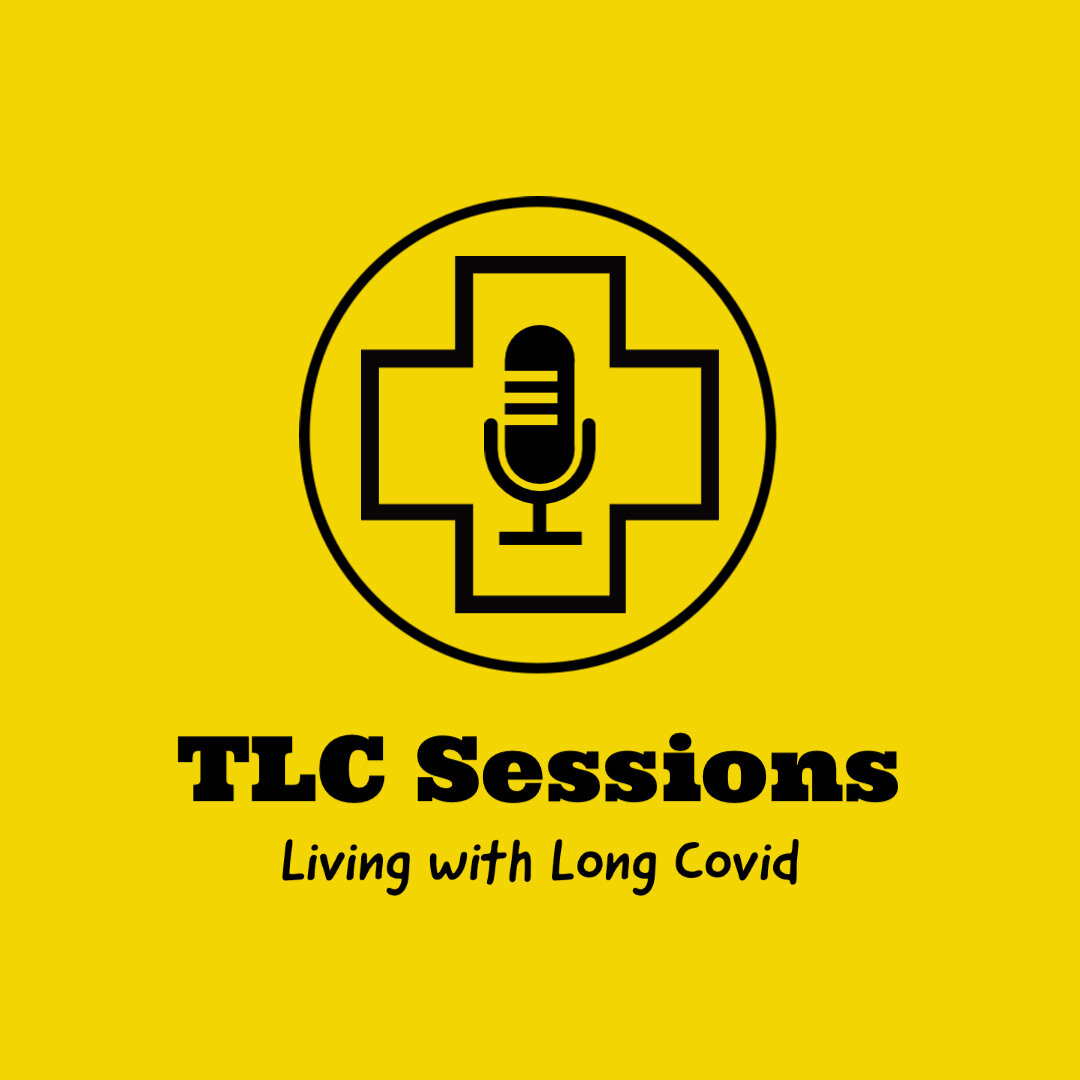Find out about the latest episodes, and listen here:
Episode 63: Eric Topol, M.D. – Cardiologist and prolific Long Covid author
“If we’ve learned anything, this is not something anyone wants to get… The fact that there's a genomics that underlie Long Covid tells you how real it is, right? And then the fact that we will get treatments to people, all these things reinforce how big an issue.”
Episode 61: Dr Leo Galland – A functional approach
“The conventional model is trying to identify what disease does this person have, and then you treat the disease. Well, that may work in some situations… but there are many situations involving chronic illness in which that doesn't work. And I've evolved and taught other approaches to diagnosis, something that I call person-centred diagnosis.”
Episode 57: Lavanya Visvabharathy - Publishing the science
Publishing in scientific journals is a challenging process due to fierce competition, limited resources, lack of networks and mentorship, bias and subjectivity in peer review, leading to high rejection rates. Addressing these obstacles requires collective efforts to foster inclusivity, collaboration, and support systems for all researchers.
Episode 56: Dr Jim Jackson - Clearing the Fog
Dr Jim Jackson, research professor of Medicine and Psychiatry at Vanderbilt University Medical Centre, does not believe that Long Covid is all in your mind, but he has found that treating the brain, as if it has a brain injury, can help Long Covid recovery. In this week’s episode Dr Jackson explains his clinical experience of the neurological impact of Long Covid from brain fog to anxiety, PTSD to OCD. He discusses the power of cognitive rehabilitation (which should be viewed as physiotherapy for the brain) and tells us about his book “Clearing the Fog: A practical guide to surviving and thriving with Long Covid”. And he talks us through the power of talking to others within the community: his support groups have been a hugely impactful for sufferers enabling them to learn from each other, learn how to advocate for themselves, and give them hope.
Episode 54: Dr Bhupesh Prusty – Molecular Virologist
“We have always been focusing to find something which is detectable and when we talk about something detectable we are actually talking about something which is produced more - this is called as gain of function. But…sometimes loss of function is also important.. there is one switch which is where we are actually losing something from ourselves.”
Episode 52: Patient Led Research Collaborative – Hannah Davis and Lisa McCorkell
“This is a systemic illness. MECFS is a systemic illness. It is a systemic illness. These are all connected, and that's part of the reason why post viral illness is basically impossible to treat.”
Episode 50: Ziyad Al-Aly – Clinical Epidemiologist
“So what's really very different about it is its novelty. And I definitely feel that that one of the things that this pandemic taught us is that viruses can lead to long term manifestations.”
Episode 48: Harry Leeming – founder of Visible
“We're tracking heart rate variability, heart rates, and we're also tracking posture as well. It's a really important one. We know that underlying these conditions is some level of dysautonomia, I think 70% or so people with Long Covid would qualify, or would fail the NASA lean test.”
Episode 46: Dr David Strain – HRV, vaccines and genetics
“I think we will end up in a position that we accept that Long Covid is multiple different conditions that are triggered by the same virus, but result in different consequences.”
Episode 43: Dr Tae Chung - POTS, the nervous system and autoimmunity
“There's some kind of indirect evidence suggesting that the sympathetic nervous is dysfunctional in POTS or Long Covid patients, and given the post-infectious nature, I suspect this is some kind of inflammatory, maybe autoimmune, reaction… probably our body is attacking our sympathetic nervous system”.











